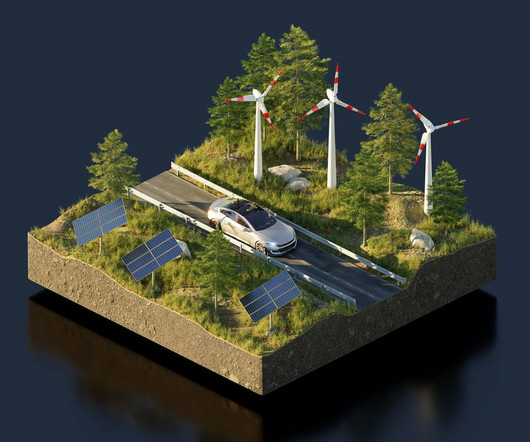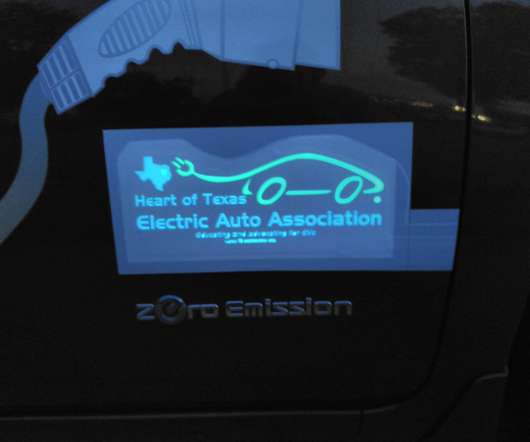DOE and Air Force issue RFI on Mil-Spec jet fuel production using coal-to-liquid technologies
Green Car Congress
SEPTEMBER 5, 2013
The US Department of Energy (DOE) in partnership with the US Air Force has issued a request for information (RFI)— DE-FOA-0000981 —on research & development aimed at greenhouse gas emissions reductions and cost competitiveness of Mil-Spec jet fuel production using coal-to-liquid (CTL) fuel technologies.





































Let's personalize your content